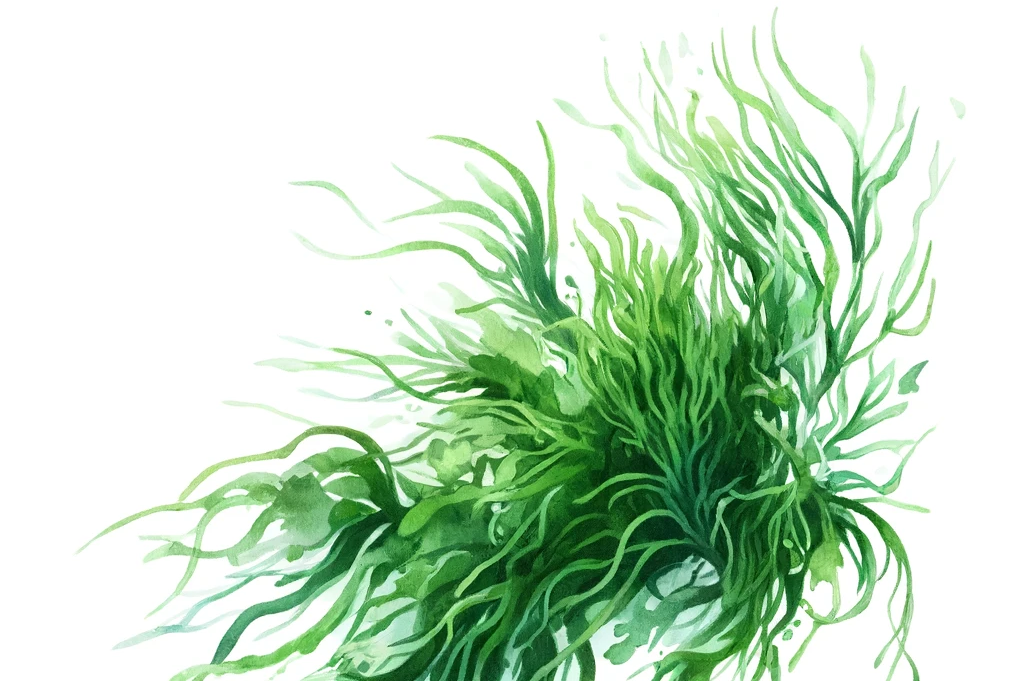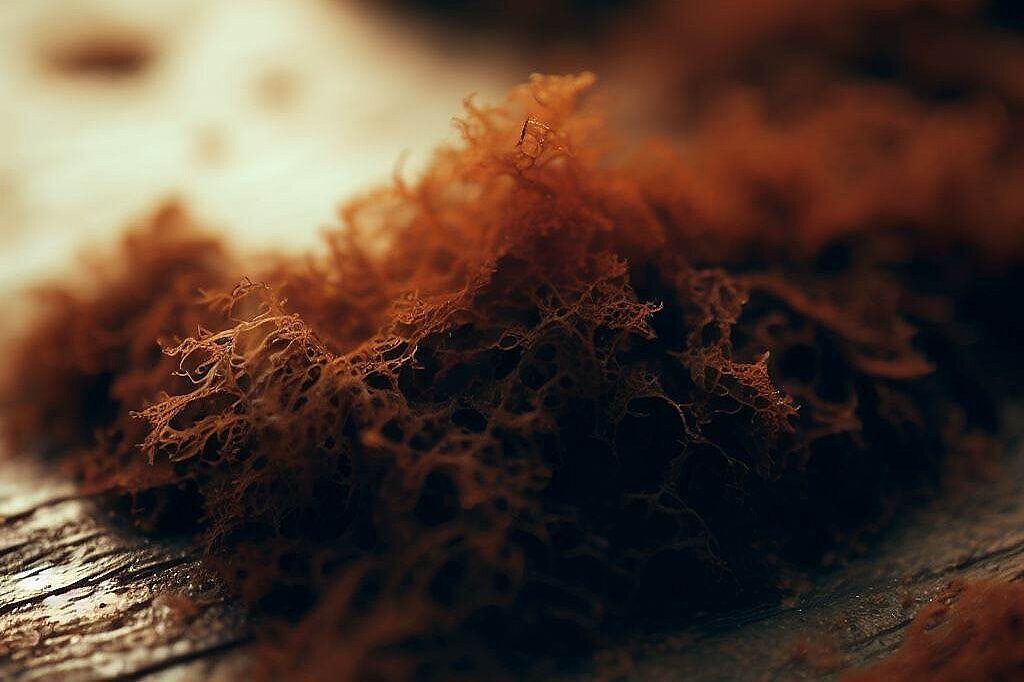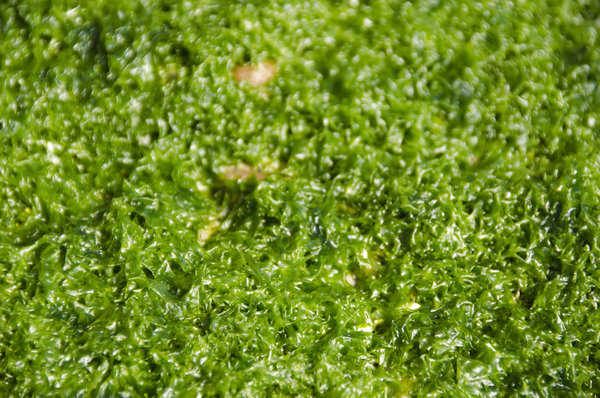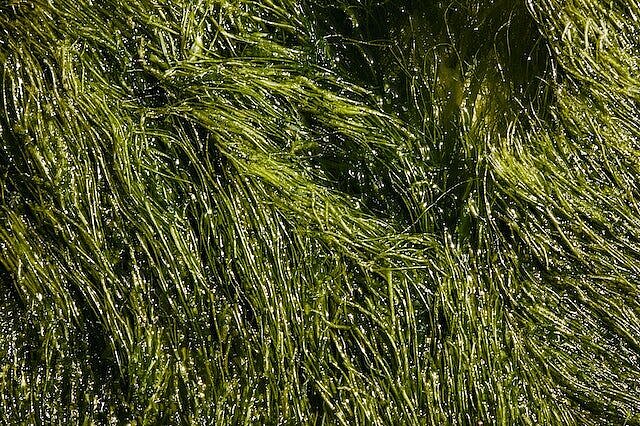Ascophyllum
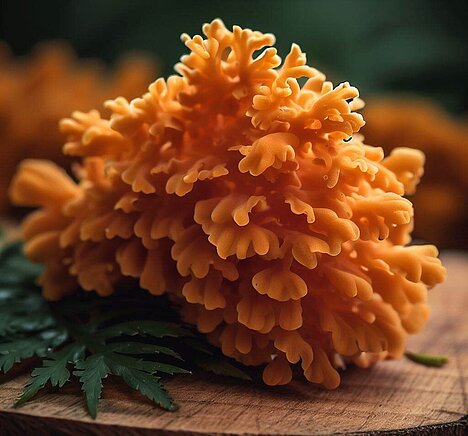
What is Ascophyllum?
Ascophyllum is a type of brown algae that grows on the coasts of the North Atlantic. It is also known as knotted seaweed or Norwegian seaweed. Ascophyllum contains many nutrients such as iodine, potassium, magnesium, iron, zinc and vitamins. It is also rich in antioxidants and fiber.
What are the benefits of ascophyllum for dogs?
Ascophyllum is especially recommended for the dental health of dogs. Studies have shown that regular administration of Ascophyllum can reduce tartar growth and improve breath. This is because the algae has antibacterial and anti-inflammatory properties. Ascophyllum can also strengthen the immune system and aid digestion. Some dog owners also report positive effects on the coat and skin of their animals.
What are the disadvantages of ascophyllum for dogs?
Ascophyllum is generally well tolerated by dogs, but there are some potential side effects and risks that you should be aware of. For one, ascophyllum can contain too much iodine, which can lead to hyperthyroidism. This can manifest itself in symptoms such as weight loss, restlessness, diarrhea or palpitations. If your dog already has a thyroid condition or is taking medication for it, you should speak to your vet before giving Ascophyllum. On the other hand, ascophyllum can lead to an overdose of other minerals if your dog is already taking other supplements. This can lead to kidney problems or blood clotting disorders. Ascophyllum can also trigger allergic reactions or cause gastrointestinal problems.
How much ascophyllum should you give your dog?
The correct dosage of ascophyllum depends on various factors, such as your dog's weight, age and state of health. There is no generally applicable recommendation, so you should always follow the manufacturer's instructions or ask your vet for advice. Ascophyllum is usually added to food as a powder or flakes or administered as a capsule. The usual dose is between 50 and 500 mg per day.
Ascophyllum is a natural ingredient that can have many benefits for your dog's dental health and well-being. However, before giving your dog ascophyllum, you should find out if it is suitable for him and how much you should give him.
Properties 4
Are you looking for other ingredients with a specific property?
Just click on them to find more.
If you notice any signs of hypersensitivity or poisoning in your dog, you should see your vet immediately. We are not a substitute for a vet, but we try to be as accurate as possible. Every dog reacts differently and we recommend you get a second opinion or consult your vet if in doubt.
Stay healthy and take good care of your four-legged friend!😊
Similar to Ascophyllum
There are many different types of algae that you can give your dog as a dietary supplement. They can bring many benefits to your dog, for example: Spirulina algae is one of the best known and most...
Brown algae are algae that do not belong to the plant family but to the protist family. They live in seawater and can look very different depending on the species. Some are small and filamentous,...
Seaweed, also known as knotted seaweed or Ascophyllum nodosum, is a type of brown algae that grows on the coasts of the North Atlantic and North Pacific. They have a brown to green color and form...
Algae oil is an oil that is extracted from microalgae. Microalgae are tiny plants that live in water and carry out photosynthesis. They contain many valuable nutrients such as vitamins, minerals,...
